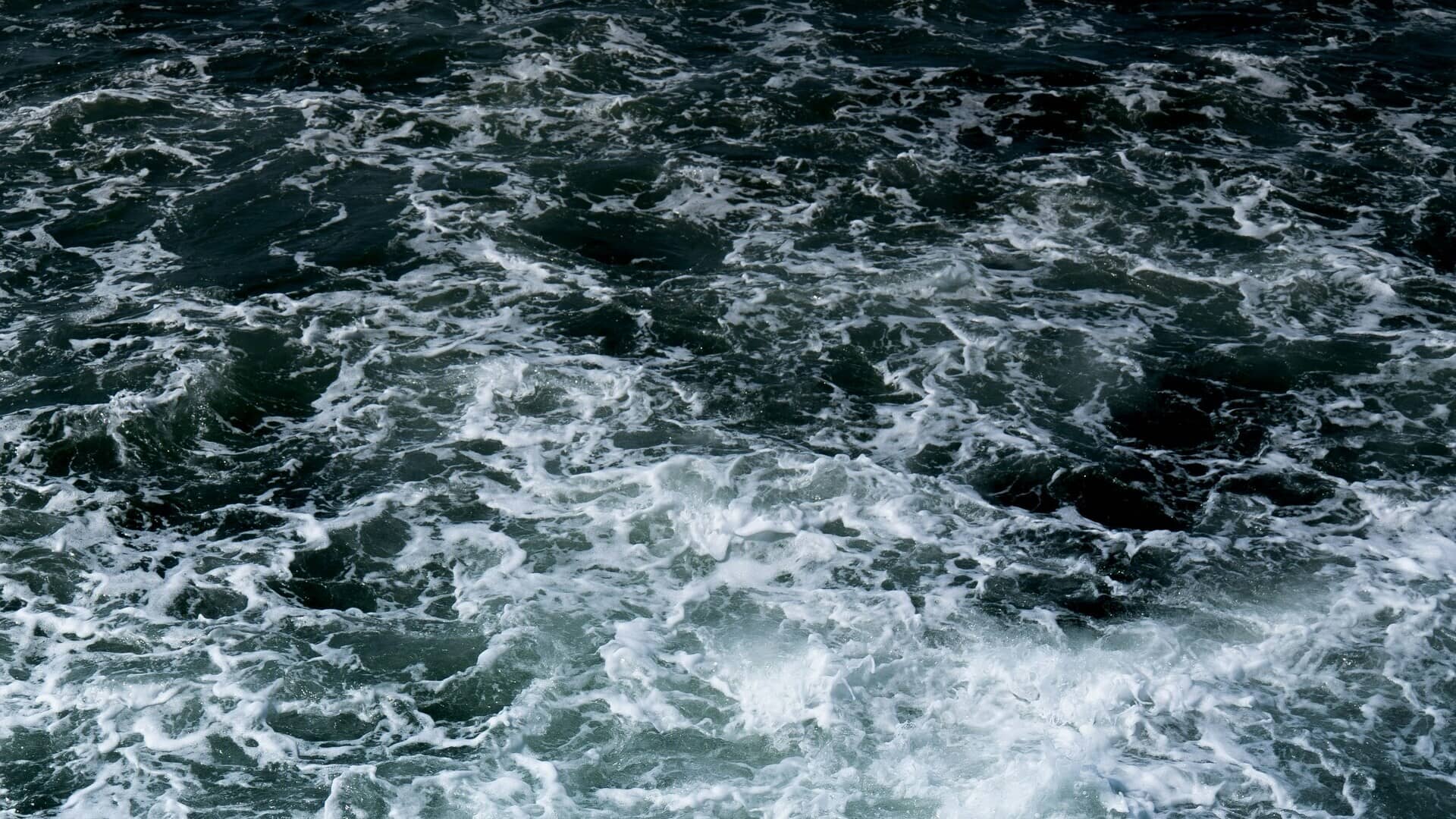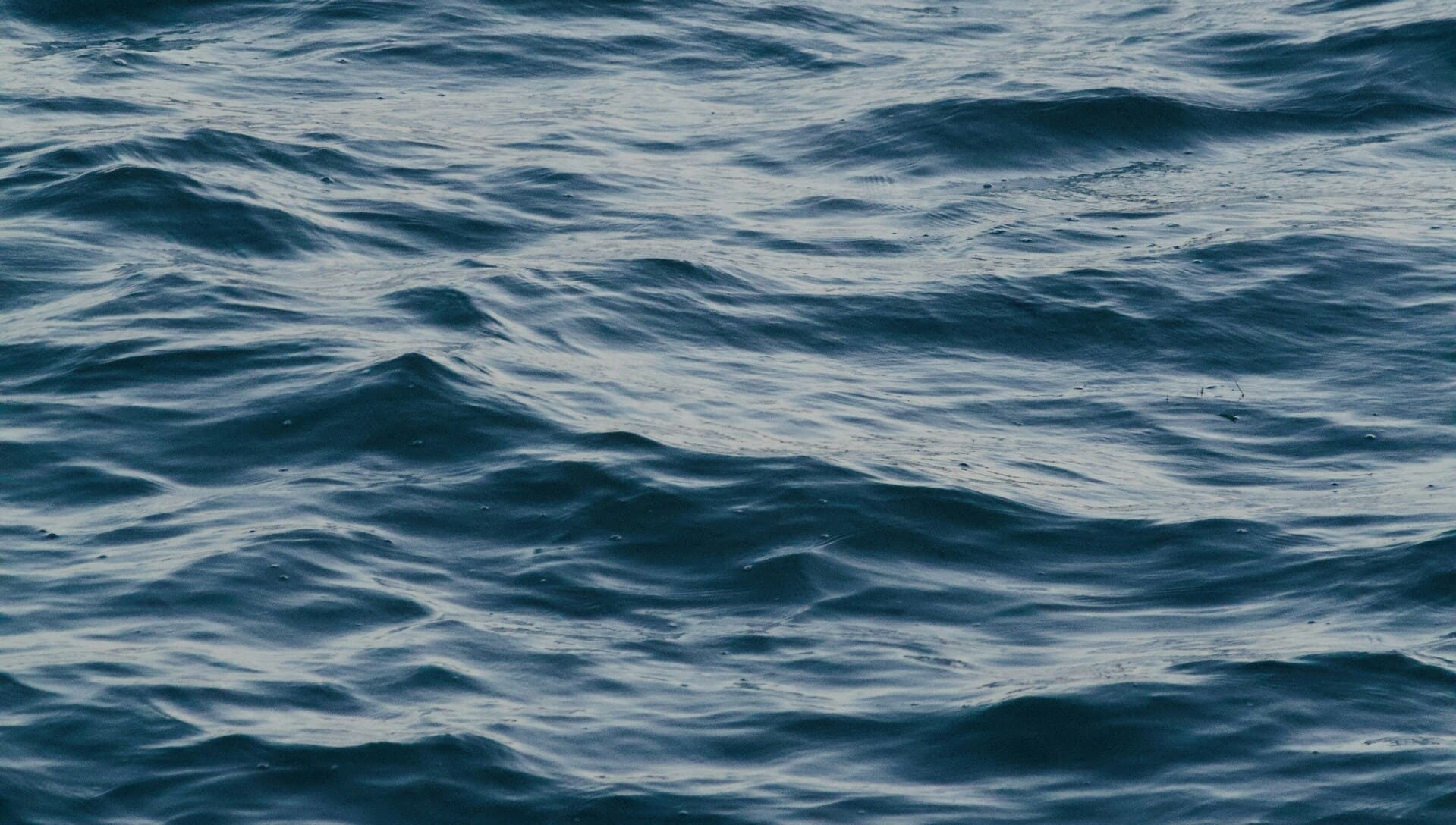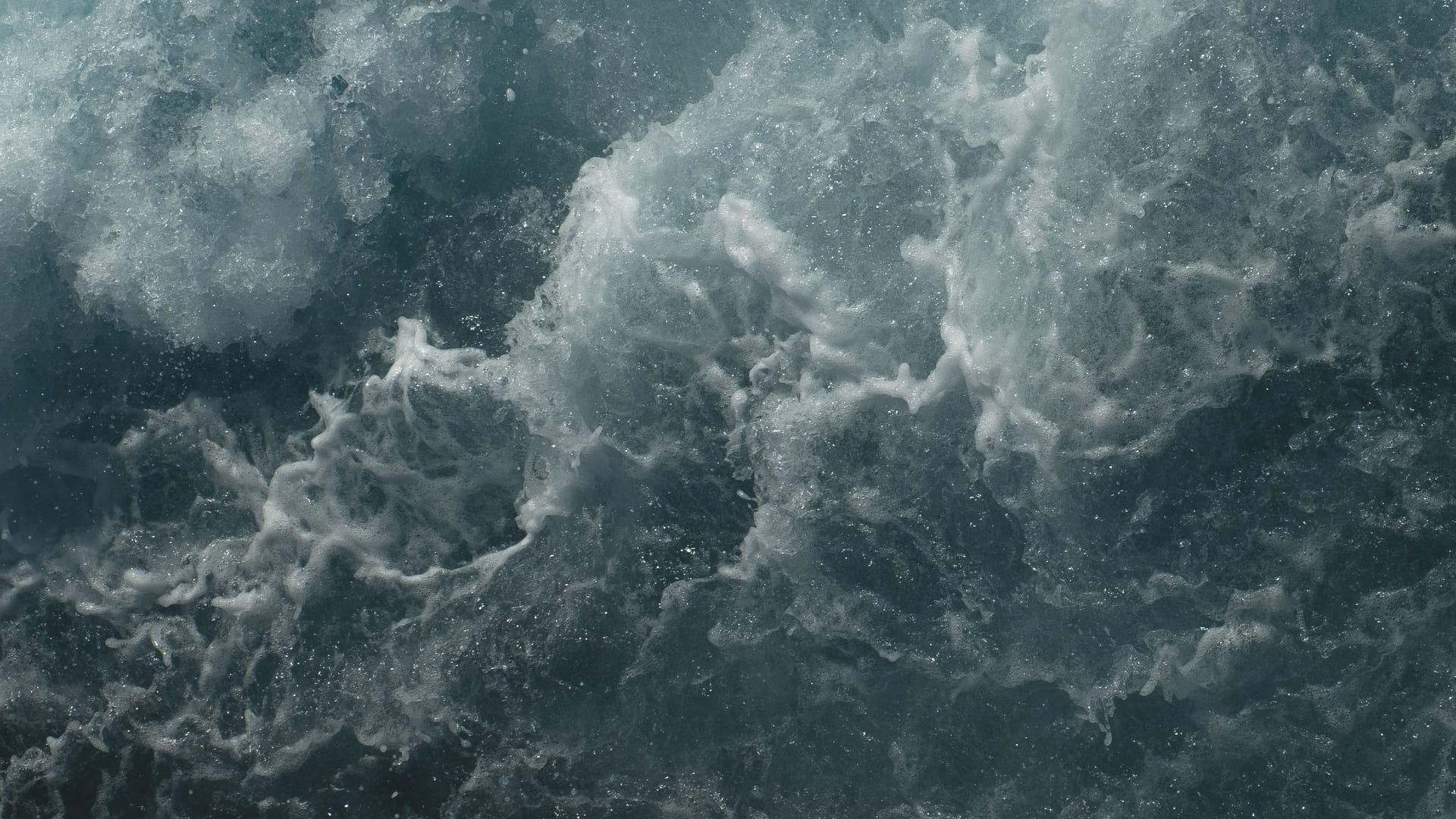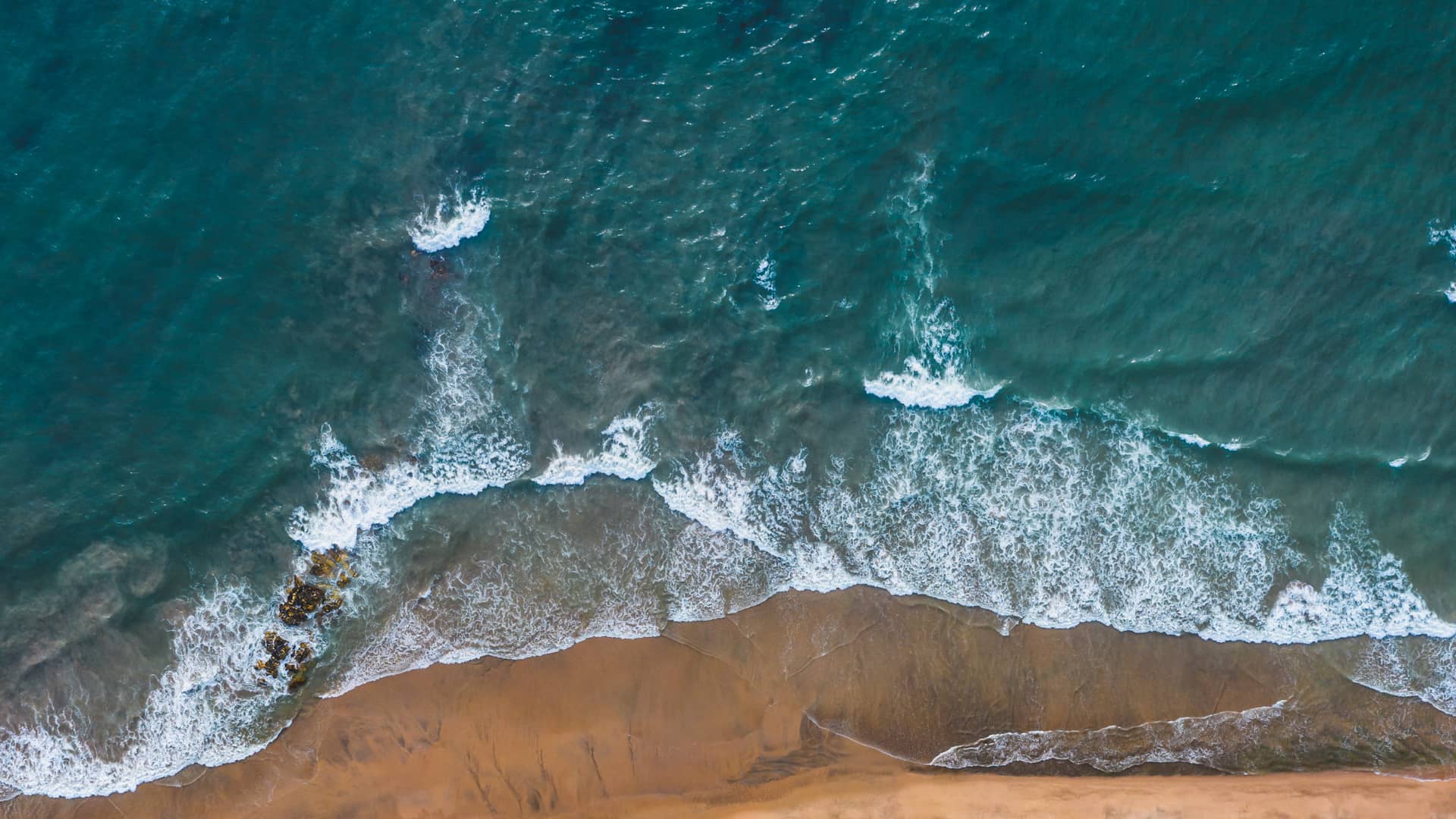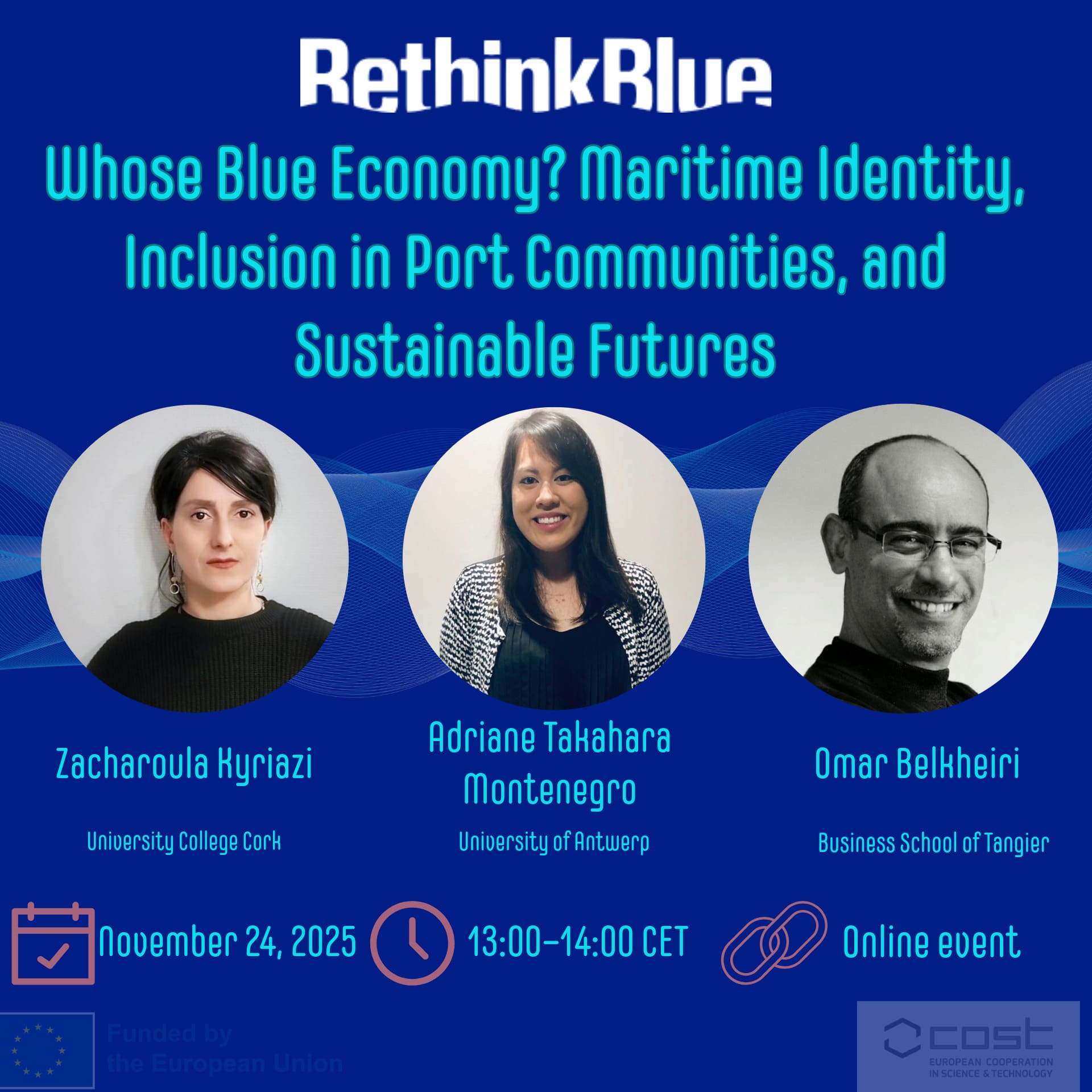Tallinn, Estonia
27-29 January 2026
Abstract submission deadline: 15 November 2025
Submission open only to RethinkBlue Action members
Conference Overview
In just over a decade since its introduction at the Rio+20 conference in 2012, the Blue Economy has become a popular policy paradigm in Europe and beyond. However, the frequent use of the concept and its adoption in different contexts (national and international politics, private sector, academic community) has led to diverse and often competing discourses and frameworks. In its most general and value-neutral form, Blue Economy refers to all economic activities related to the oceans. However, conceptually and empirically, Blue Economy can be engaged in more complex ways. In this way, it becomes a platform to explore multiple societal, environmental and economic aspects of the uses of the sea, from benefits to conflicts/challenges. Blue Economy can also become a way to critically review the impacts of ocean exploitation and resource extraction on local communities in line with the concept of Blue Justice.
Building on the success of our kickoff conference in Zadar in April 2024, this mid-term conference aims to consolidate the progress made by the RethinkBlue COST Action and showcase the ongoing research within our Working Groups. Following the framework outlined in our recently published foundational paper (Penca et al., 2025)*, the goal of the conference is to create a forum for scholars who are seeking to rethink what Blue Economy stands for today, from a social perspective. To advance this process, the conference aims to explore potential and existing contradictions, conflicts, and synergies linked to the Blue Economy, with particular emphasis on integrating social sciences for sustainability and justice and on the deliverables currently being developed within the Action.
Meeting in Tallinn, Estonia, in January offers the possibility to experience a Baltic Sea city in the winter when there should be snowy and icy conditions and, potentially, frozen sea. As well as the formal conference and a chance to experience the port of Tallinn (as the conference hotel is located there) there will be a working tour to visit different coastal areas, ranging from a former Soviet Era fishing collective now revitalising, to protected coastline in Lahemaa National Park and the impact of the Baltic Green Belt, the former restricted border zone in Soviet times.
*Penca, J., Ertör, I., Ballesteros, M. et al. Rethinking the Blue Economy: Integrating social science for sustainability and justice. npj Ocean Sustain 4, 40 (2025). https://doi.org/10.1038/s44183-025-00138-1
Call for Contributions
We welcome contributions that explore, theoretically or empirically, the following topics, which correspond with the five Working Groups of the Action and their current focus areas and deliverables:
WG1: Maritime Occupations
- Impact of Blue economy on Maritime Occupations
- Injuries, accidents, and near misses
- Careers: education and training, skills, influence factors, motivations and trajectories
- Work environment, well-being and occupational health and safety
WG2: Food Security & Sustainable Blue Consumption
- Small-scale seafood systems in Europe and alternative market strategies
- Sustainable Blue Food Consumption and Consumer Awareness
WG3: Port Cities & Coastal Communities
- Adaptive Capacity of Coastal Areas
- Urban-coastal interfaces and sustainable development
- Gentrification and social justice in port cities
- Coastal community resilience and adaptation strategies
WG4: Fisheries Governance & Emergent Activities
- Marine protected areas
- Generational renewal and declining fisheries
- Offshore wind farms and blue justice issues
- Small-scale fisheries, legal regulations and IUU
WG5: Climate Change & Natural Hazards
- Climate adaptation and mitigation strategies in coastal areas
- Natural hazards and community vulnerability
- Ecosystem-based approaches to climate resilience
- Environmental justice and climate change impacts on coastal communities
Priority Consideration
Priority will be given to active members of the RethinkBlue COST Action who are actively working on Action deliverables and contributing to collaborative papers within the Working Groups, as well as Young Researchers and Innovators. We particularly encourage submissions that:
- Present findings directly related to the ongoing deliverables listed above
- Demonstrate inter-Working Group collaboration
- Contribute to the Action’s comparative and collaborative research goals
- Advance the theoretical and empirical understanding of Blue Economy from a socio-ecological perspective
Submission open only to RethinkBlue Action members!
Submission Guidelines
Proposals should be uploaded to the system using the form which can be accessed here: https://forms.gle/5JbBKG4z5pKRk1yK6
Submission deadline: 15 November 2025
Notification of acceptance: 1 December 2025
Conference Details
Working Language: English
Registration: The conference is supported by COST. There is no conference fee, but registration is required. Participants will pay for their own accommodation (a special rate for bed and breakfast has been arranged at the conference hotel) and meals from the daily allowance. There will be the opportunity to pay for conference lunches, lunch on the working tour and a conference dinner upon registration. Once your abstract has been accepted a link to the registration form will be provided
Contact Information
For inquiries, please contact the organizers at: simon.bell@emu.ee, mana.taheri@emu.ee
For more information about the RethinkBlue COST Action, visit: https://rethinkblue.eu/
This call for papers reflects the ongoing commitment of the RethinkBlue COST Action to foster interdisciplinary dialogue and collaborative research on the socio-ecological dimensions of the Blue Economy.
